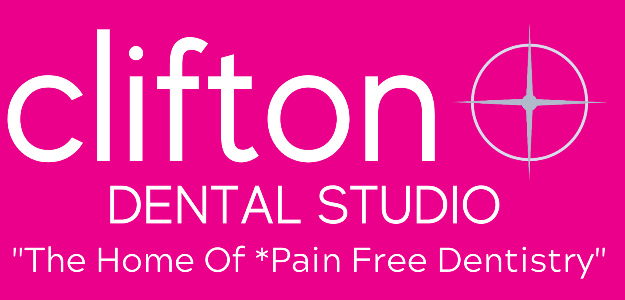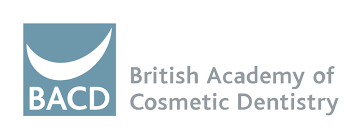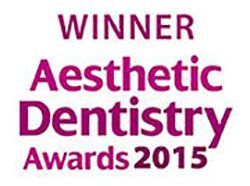How We Detect And Treat Periodontal Disease In Bristol
Periodontal disease, also known as gum disease, is a common oral health condition, which can result in early tooth loss if left untreated. Periodontal disease is an advanced form of gum disease; the less serious form is known as gingivitis.Signs of gum disease
Many people first notice the signs of gum disease when they clean their teeth. Bleeding gums is one of the most noticeable symptoms of gum disease; other symptoms may include swelling, tenderness and redness of the gums. When gingivitis becomes more advanced, this is known as periodontal disease. At this stage, gum disease causes permanent damage to the mouth, as the infection has spread to the bone structure beneath the gums. The bone is responsible for holding and anchoring the teeth, and once this is affected, the teeth start to become loose and may eventually fall out. Signs of advanced gum disease include the development of pockets between the teeth and gums, an unpleasant taste in the mouth and loose teeth.How is periodontal disease detected?
Periodontal disease can usually be detected by dentists through the identification of visible symptoms during a thorough examination of the mouth.How is periodontal disease treated?
Gingivitis can usually be treated with good oral hygiene, but periodontal disease requires a much more careful approach and treatment usually takes place over a prolonged period of time. The aim of treatment is to restrict the amount of damage, prevent further infection and ease pain and swelling. Dentists work with dental hygienists to maintain good oral hygiene, remove harmful bacteria from the mouth and try to limit the spread of infection and reduce the risk of abscesses. Intensive hygiene treatments, such as scale and polish and root planing are used and regular sessions with both the dentist and dental hygienist are recommended.Tags: bad oral hygiene, gum disease, periodontal disease, periodontal treatment bristol











